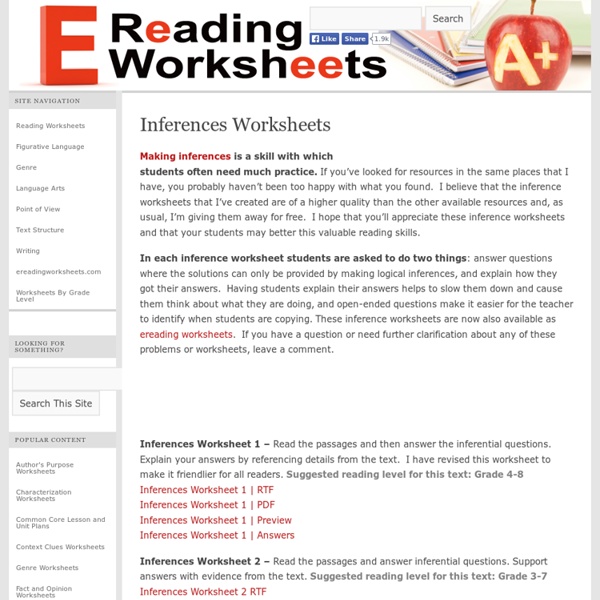



Cool examples of teachers using OneNote in education - OneNote and Education I wanted to use this entry as an opportunity to point out examples of some cool things being done with OneNote and education. These examples come from both people I've been emailing with or just blogs I've seen. Each example shows a creative use of OneNote by a teacher using OneNote in a more advanced way than just "note-taking". How have you using OneNote education? Feel free to send me a mail and share or leave a comment. Efficiency and Collaboration with OneNote This is a great entry describing three different education uses for Onenote: The Digital Plan Book - I've seen many teachers use OneNote as a digital planning book. Perhaps the most ambitious ways we have used OneNote is to create a notebook that will be used to document the English curriculum in our building. OneNote and the Count of Monte Cristo Kelli Etheredge, a teacher at St. I do not have a textbook in my class (World Literature) and so students either read paperbacks or I provide them with copies of excerpts from works.
Tasks, Units & Student Work - Common Core Library Keywords (optional) Enter keywords (e.g., K.OA.3, informational text, arguments, quadratic equations, etc.) Grade (select at least one) Subject (select one) NYC educators and national experts are developing Common Core-aligned tasks embedded in a unit of study to support schools in implementing the Citywide Instructional Expectations. Educators may choose to adopt these resources in their entirety or adapt the materials to best address students’ diverse needs. Search a growing assortment of Common Core-aligned tasks, units and student work by keyword, grade level, subject area and Common Core Learning Standard. The components of the Common Core-aligned tasks with instructional supports include: Unit overview and task description Teacher-annotated student work representing a range of performance levels Rubrics used to assess student work Universal Design for Learning (UDL) principles Other instructional support materials NEW!
Data Shows Information Literacy Has Far To Go For all the time this profession has put into promoting the information literacy concept, I was surprised that data from the National Center for Educational Statistic’s report Academic Libraries 2006 showed an underwhelming lack of penetration into or acceptance by academic institutions. Table 13 has data for the percentage of academic institutions reporting information literacy activities. There are five indicators of information literacy activity. They are: 1. defined information literacy or information literate student 2. incorporated information literacy into institution’s mission 3. incorporated information literacy into institution’s strategic plan 4. has institution-wide committee to implement strategic plan for information literacy 5. strategic plan formally recognizes the library’s role in information literacy instruction First, here at the corresponding percentages for each of those five items: